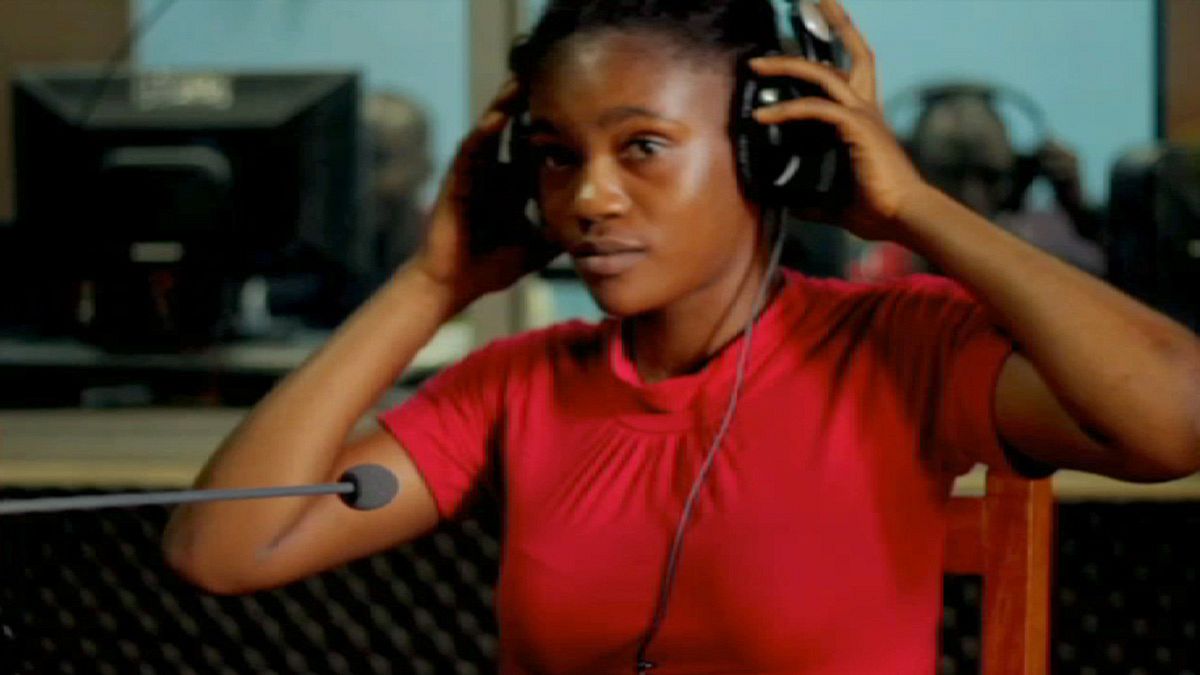Media technology is everywhere, and of course it is important to teach young people to make the best use of it, to use radio, TV and social networks to step up, voice their concerns, learn new skills and fight for change.
Sierra Leone: equality in the air
At Radio Maria in Sierra Leone, the Girls Making Media Project aims to give female voices a chance to be heard. The project is a three-year initiative launched by PLAN West Africa. The aim is to educate young people about gender inequality, discrimination and violence as well as teach them skills including interviewing, script writing, and radio presentation.
Around 25% of the participants in the programme are boys. As well as raising awareness among participants, the project aims to break down gender stereotyping and prejudice in their audience. The project is running in Sierra Leone, Ghana, Liberia and Togo.
For more information see
http://www.girlsmakingmedia.blogspot.com
Argentina: education in focus
The documentary film, “The Forbidden Education” looks at alternative educational approaches like Montossori and home schooling, and is causing quite a stir in schools across the Spanish-speaking world.
The documentary was financed by crowdfunding – around 700 investors contributed to the project which was floated on the internet. It was released simultaneously in 130 cities across 13 countries and viewed by 18,000 people the day it was released.
The director, German Doin, said: “The movie is born from my personal education experience, my path through primary and secondary school, and from having observed things in school, in the lives of my companions, in my life, which for me show a clear incoherence between what the school was proposing and what the structure was providing. It is difficult for many people to conceive that a state school could be something else than what it is. And I believe that it is an important problem, and that is why this movie exists. A lot of people don’t even understand the concept, and can’t imagine a different school.”
The film is “open source”, meaning that it is free of copyright and is available to view on Youtube:
http://www.youtube.com/watch?v=ByO41gE3dPQ
Venezuela: developing talent
Fifteen-year-old Jennifer wants to be a photographer. She lives in a slum district of Caracas in Venezuela, a country with high levels of violent crime. Ancla 2 is an educational cooperative founded in 2005 by a group of professional photographers to teach disadvantaged children how to write blogs and take photos.
Alvaro Hernandez, a photographer working with Ancla 2, says: “Through photography children can see their space, they check it out, they take pictures of it and even describe it because they write about what they see, which is easier than writing about what they think.”
Rubbish is one of Jennifer’s favourite subjects and her blog encourages people to think about where they dump their rubbish. She said “I took photos of rubbish and wrote my thoughts about it in a blog. We can become aware as a community. I want everyone to become aware in order to avoid these kind of problems.”
For more information see
http://www.ancla2.com
